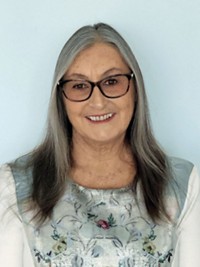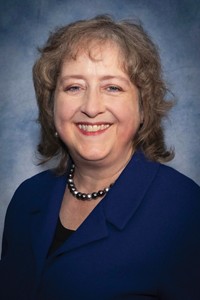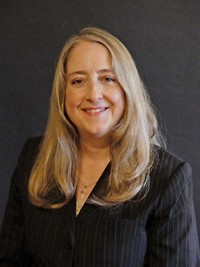Advertisement
Grab your lab coat. Let's get started
Welcome!
Welcome!
Create an account below to get 6 C&EN articles per month, receive newsletters and more - all free.
It seems this is your first time logging in online. Please enter the following information to continue.
As an ACS member you automatically get access to this site. All we need is few more details to create your reading experience.
Not you? Sign in with a different account.
Not you? Sign in with a different account.
ERROR 1
ERROR 1
ERROR 2
ERROR 2
ERROR 2
ERROR 2
ERROR 2
Password and Confirm password must match.
If you have an ACS member number, please enter it here so we can link this account to your membership. (optional)
ERROR 2
ACS values your privacy. By submitting your information, you are gaining access to C&EN and subscribing to our weekly newsletter. We use the information you provide to make your reading experience better, and we will never sell your data to third party members.
Careers
A Collaborative Alliance
Society establishes pioneering links with the Society of Chemical Industry
by Susan J. Ainsworth
July 27, 2009
| A version of this story appeared in
Volume 87, Issue 30

The American Chemical Society has entered into a broad strategic alliance with the London-based Society of Chemical Industry (SCI). The alliance will give members of each society access to one another's meetings and facilities. The societies will also cosponsor meetings.
"This alliance is a really great inaugural example of how ACS can extend its global reach through collaboration with other scientific societies," ACS Executive Director and CEO Madeleine Jacobs says. "We feel very good about collaborating with a premier organization like SCI and the doors that it will open."
The ACS Committee on Corporation Associates already partners with SCI through the Global Innovation Imperatives (Gii) program, which sponsors conferences to bring chemistry solutions to bear on the world's sustainability issues.
Under the three-year term of the new alliance, ACS and SCI will cosponsor meetings on broad topics of mutual concern. In addition, ACS will extend ACS-member registration rates for some meetings, possibly including ACS national meetings. SCI will extend its member registration rates to ACS members for conferences, including its May 2010 global summit meeting in Barcelona.
ACS and SCI will also provide each other reduced rates for use of conference rooms and offices at their facilities worldwide. They are also each considering offering preferred nonmember rates to each other's members for other activities, short courses, and products.
These perks may benefit the more than 1,500 ACS members in the U.K. and 6,200 elsewhere in Europe, Jacobs notes, "not to mention all of our 154,000 members in general." SCI's 6,000 members—including its 750 U.S. members who are business leaders and members in 91 countries—will also benefit from the alliance.
Collaborating with "the most prominent organization of its type in the world to tackle issues of mutual concern is a privilege for us," SCI CEO Andrew Ladds says. By linking with a much larger organization, he adds, SCI will be able to operate "on a far broader platform than ever before—something that is very exciting."





Join the conversation
Contact the reporter
Submit a Letter to the Editor for publication
Engage with us on Twitter